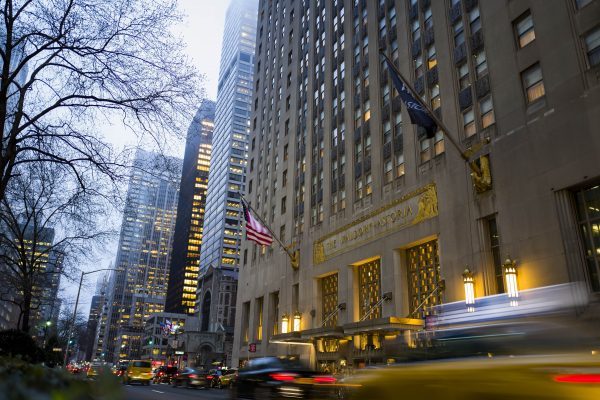Beijing’s capital controls continue to cut into Chinese investment in U.S. real estate.
Overseas real estate investment from China totaled $19.7 billion in the first three quarters of the year according to Real Capital Analytics – a far slower pace than 2016, when Chinese firms bought $36.8 billion in properties during the entire year.
“One thing that’s concerned the regulators, these rich entrepreneurs were leveraged to the hilt, using investors’ money, using [People’s Republic of China] banks’ money, and leaving all the risk to the PRC investors and PRC banks,” Beijing-based attorney Howard Zhang told the Wall Street Journal. “There’s a strong sentiment among the regulators, as well as among the general rank-and-file who resent how rich these people have become.”
Starting in late 2016 Chinese regulators made it harder for Chinese firms to move money overseas and specifically discouraged risky overseas real estate deals. Some observers expect Chinese firms to sell assets.
Greenland Group, the co-developer of Pacific Park in Brooklyn, is considering selling part of a 42-acre site in San Francisco to Kilroy Realty Corp., the Journal reported.
But investors that follow government mandates and invest in assets deemed strategically important still get the green light for overseas deals. For example, the China Investment Corporation agreed to pay $14 billion for the Blackstone Group’s European warehouse portfolio. [WSJ] — Konrad Putzier
